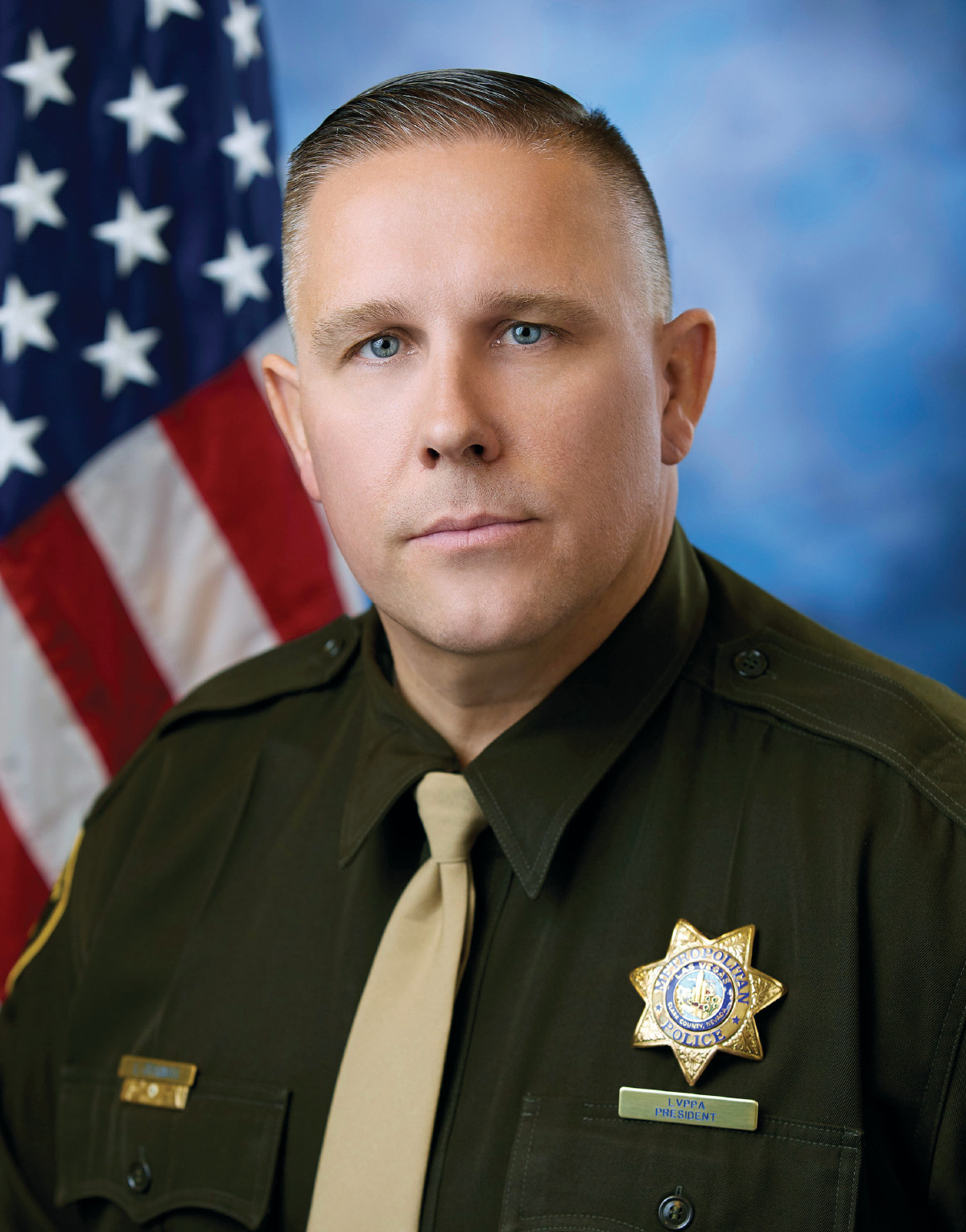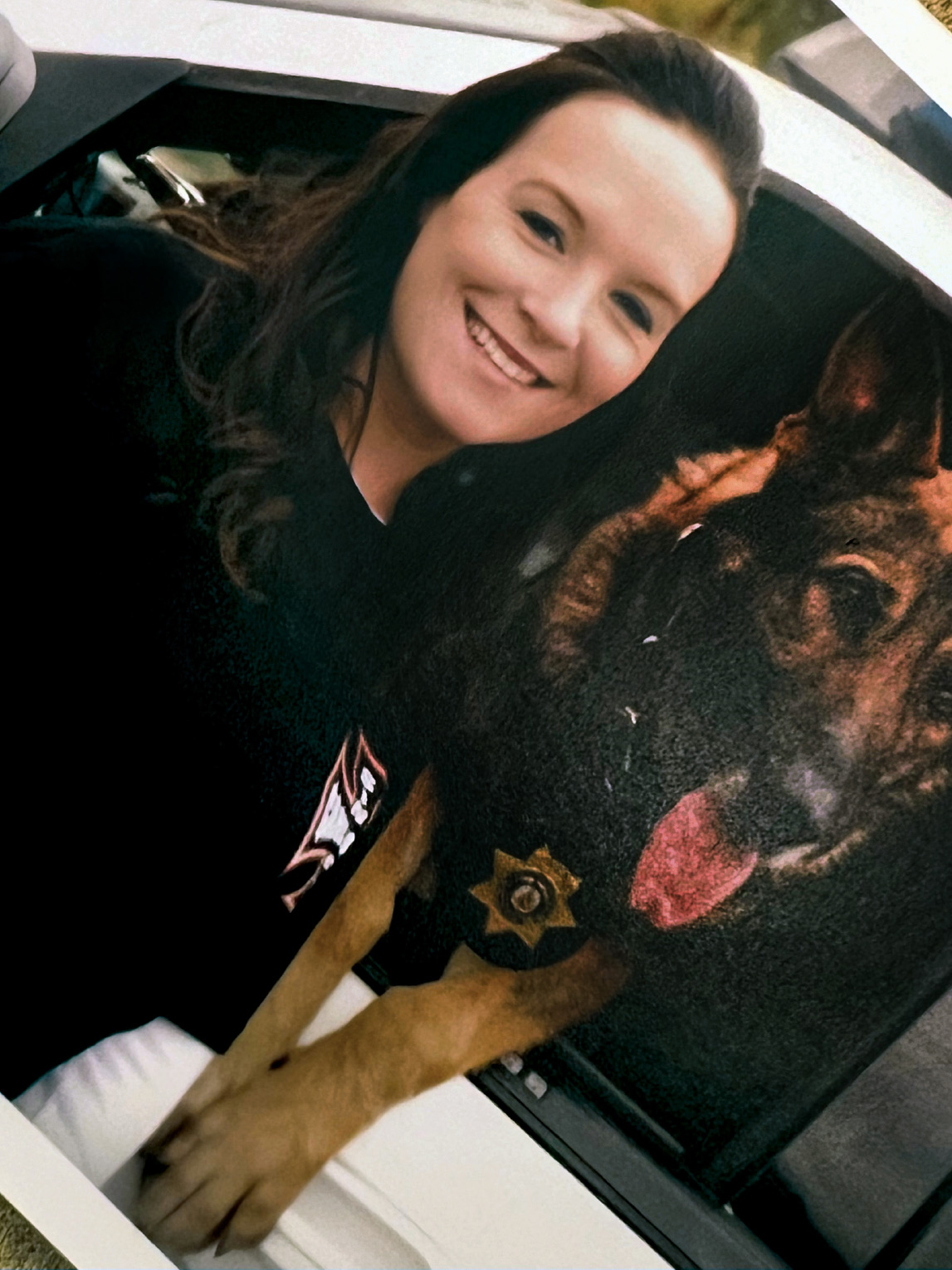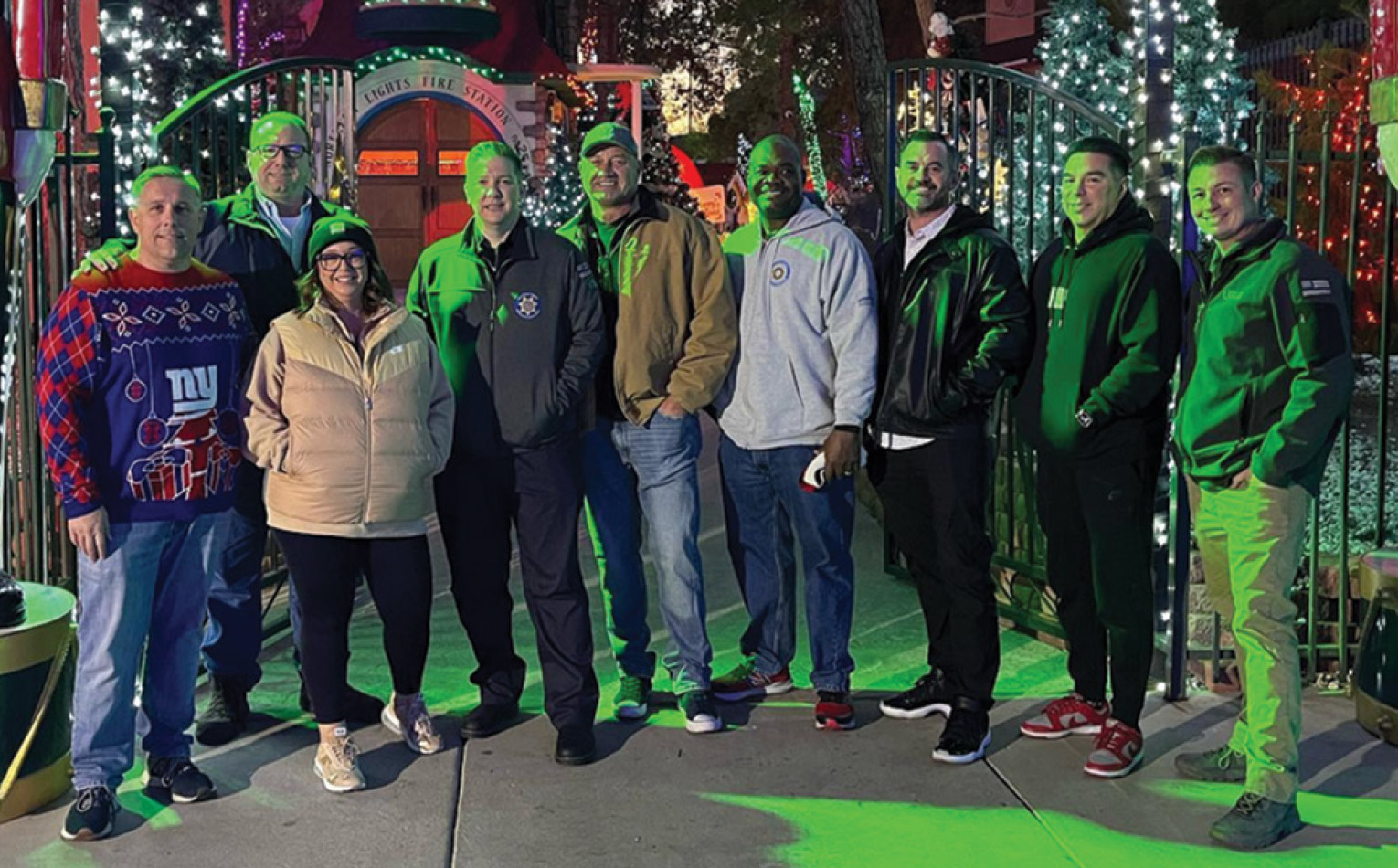
President
I hope that this article finds all our members happy, healthy and ready to tackle 2024. To lead off, I want to remind everyone to set goals for the new year. Among them should be to expand your contributions to your Fidelity account, invest in yourself, and start building training and skill sets to become a better officer or supervisor.
As we enter another round of sergeant testing here at LVMPD, I am continually getting asked about officers staying with the LVPPA when they promote to sergeant.
Bylaw 6.01 states, “A person is qualified for membership of this association if employed in any capacity covered by chapter 289 of Nevada Revised Statute including those: covered by a Collective Bargaining Agreement enforced by this Association; employed as a Sergeant; or retired from such employment.”
Many years ago, any commissioned officer on our agency could remain a member of the LVPPA if they paid the dues associated with membership. We had assistant sheriffs, chiefs, captains and lieutenants as members of the LVPPA. Around 2015, the Bylaws were changed to remove any officer of rank from being able to be a member of the LVPPA. It did, however, grandfather folks who were still in the LVPPA, and would only affect those promoted after the change of the Bylaw. After that Bylaw change, we had many supervisors asking about staying in the LVPPA. A member who was going to promote proposed a change to the Bylaws to allow only sergeants to remain in the LVPPA. Upon receipt of this Bylaw change, we started to look at the benefits of having sergeants still be allowed to be members of the LVPPA. After much consideration, the positives far outweighed the negatives as it related to sergeants being allowed to remain members. The Bylaw was ultimately changed, and sergeants were allowed to maintain the membership of the LVPPA.
Currently, we have around 60 sergeants who are members of the LVPPA. When asked about the benefits of being a member as a sergeant, we lay out everything that is available to them, which is everything we do for our officers, minus negotiating their contract. We provide our events, our resources, our representation and our legal coverage should you be charged with a crime during the course and scope of your duties. If a sergeant was charged with a case stemming from a work-related incident — off duty or while taking police action — we would spare no expense to vigorously represent the sergeant at every point of the case. Currently, the likelihood of being charged with a criminal case has greatly increased, which I am sure we can all acknowledge.
When asked about how we treat a case where a sergeant has filed a complaint against an officer and then must go into IAB as a witness against the officer, our response is the same as when one member complains about another officer, which unfortunately happens frequently. I make sure the rep of one member keeps their information and conversations separate from the person who may be the subject of the investigation and their representative. We make sure we take care of both members and provide them each with the proper representation during the investigation.
Another important question to consider: When you are no longer a member of the LVPPA, are you still entitled to Association benefits such as a retirement memento, the use of the callout bus for comfort or a restroom, or food on scene of a callout? Being that a sergeant can stay with the LVPPA, like our rank-and-file officers, the choice to no longer stay with us brings the separation of the LVPPA and yourself. We do not work on a “credit for time in the union” position. This has caused supervisors before to ask, “Why can’t I use the bathroom or have food? I was a member for years and should get something.” Understand, the benefits we provide are due to the current contributions of the membership, not on a past membership basis. Like car insurance, if you change companies, the old company no longer has an obligation to you. It may seem rude or direct, but we work for the current, active membership.
Hopefully this clears up any misconceptions or issues related to promoting to the rank of sergeant. We know we have earned our officers’ trust and support, and we would love to keep you as a sergeant. If you choose to join the PMSA, I can tell you that those are great guys running the supervisors’ union, and we get along with them very well. While they may not do all the same things for you that we can, know that the folks over there have their members’ best interests at heart as well. But, as I said, we would love to have you remain a member of the LVPPA as we continue to do more and more for our folks. And, yes, you can be a member of both, if you so choose.
I hope everyone who is taking the sergeant’s test does extremely well in the process and becomes an amazing leader, not just a supervisor. If we can ever do anything for you, please don’t hesitate to reach out.




